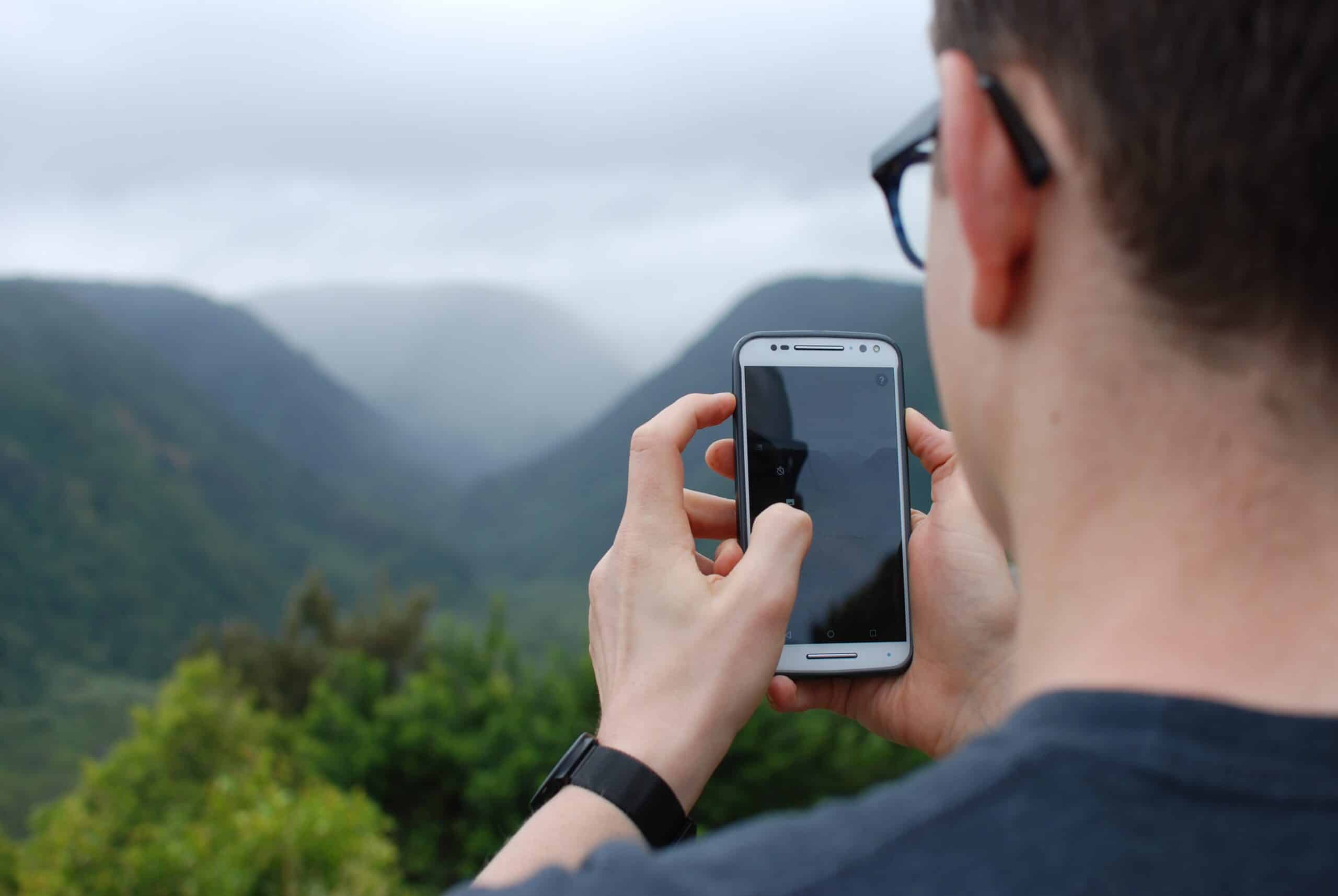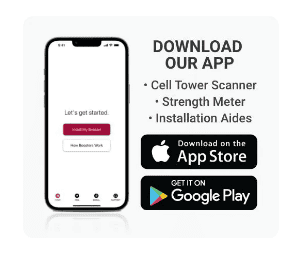Things That Block Cell Signal: 8 Likely Culprits
Posted on 3/24/2023 by Meredith Pond
Reliable cell phone signal is essential in our data-driven, always-connected world. However, sometimes acquiring and keeping a strong signal can be a hit-and-miss proposition. While people tend to blame their cell service providers for poor coverage, the culprit is usually something else.
Most often, something is blocking the signal between your device and the cell tower. In this article, we will discuss several things that block cell signal and what you can do to improve it.
Things that block cell signal
Weather
With all of her majesty, sometimes it feels like Mother Nature doesn’t want anything competing for your attention. Maybe that’s why weather is one of the things that block cell signal. When you’re out on the open road and find yourself with weak or spotty coverage, look to the skies. If the weather is very cloudy or stormy, that could be the reason.
Your phone’s bandwidth
The bandwidth available on your phone can also be one of the things that block cell signal. Even though it’s not a physical barrier, limited bandwidth can cause signal issues. Often, apps aren’t closed and continue running in the background, eating up bandwidth. Free apps and games can be particularly big bandwidth hogs because they’re usually filled with ads. App notifications are another factor. All of these combined can limit bandwidth and negatively affect your signal.
Windows
When cell phone users lose signal or drop a call inside of a building, it can seem instinctive to move near a window. After all, it makes sense that there would be fewer signal problems through glass than denser building materials. But in reality, most windows today are energy efficient and contain a coating of metal oxide. This substance can repel cell signal so it can’t reach you effectively.

Mirrors
Like energy efficient windows, mirrors are coated with metal, which can interfere with cellular signal. If you’re in a room with a lot of mirrors, you may have trouble with your connection.
Network traffic
Network traffic is another one of the things that block cell signal. We often assume there’s plenty of cell coverage to go around. But in densely populated areas where people are using their devices for calling, posting to social media, or downloading files, it’s not uncommon for cell signal to be slowed. If you’ve ever been trying to post a concert photo to Instagram or send an email during a big work conference only to find you can’t, it’s likely because too many people are competing for bandwidth in the area.
Building materials
It’s fairly common knowledge that building materials such as concrete, steel, brick and wood are cell signal killers, but so is fiberglass insulation. While it’s not as dense as a lot of other materials, it’s still composed of substances that repel signal. Just as it keeps heat and cold in, it’s also very good at keeping cell signal out. Metal may be a great conductor of electricity, but it really hurts your signal. If you’re in an all-metal building or a building with a metal roof, your signal can really suffer.
Power lines
Power lines are another conductor of electricity that can interfere with cell signal. If you’re in an area with a lot of power lines, you may have trouble getting a good signal.
Natural obstructions
Have you ever tried making a call, sending a text, or using data in the mountains? It doesn’t usually work very well, because mountains, trees, or being in a canyon or ravine are all common things that block cell signal. And while a flat desert or other remote location isn’t necessarily an obstruction, the effect is the same. Your signal may have a hard time reaching you.
How can you measure the signal you’re getting to your phone?
If you want to test your cell signal to see if it’s being blocked, it’s helpful to understand how signal is measured. (Spoiler alert: You won’t get an accurate measure of signal by just looking at the bars on your cell phone.)
Cell phone signal strength is measured in decibels (dBm). The closer to zero the number is the stronger the signal. The approximate range for signal strength coming from various networks is usually around -30 dBm to -110 dBm. A signal better (or closer to zero) than -85 dBm is considered to be good cell phone signal strength.
Keep in mind that you can’t really rely on bars to tell you about your signal. Call quality is actually a far more accurate measure of cell signal strength, because there is no industry standard for what a bar represents or whether it measures 5G data, 4G voice, etc. From carrier to carrier, the bars on your display will indicate a different level of coverage, so it’s tough to know what you’re really getting.
Fortunately, the free weBoost app can accurately measure your signal, help you pinpoint the nearest tower, and more. If you choose to do a DIY install of a weBoost product, it’ll help you with that, too (though especially for SMBs, we recommend professional installation, included with the Installed | Office 200). The app is available for both iPhone and Android.

What can you do to get better cell signal?
In the modern world, it’s nearly impossible to avoid all things that block cell signal. Since we rely so heavily on connectivity, this can be super frustrating to you and your customers. Even though carrier coverage is better than it’s ever been, there are still many areas where signal penetration is lacking.
The good news is, even in areas with poor reception, cell signal can be improved. Cell phone signal boosters are designed to capture, amplify, and broadcast signal throughout your building or fleet of vehicles. This technology can help you overcome all kinds of things – natural or man-made – that stand between you and the signal you need to be productive.
weBoost has a permanent solution for things that block cell signal and hamper connectivity. We have signal boosting systems designed especially for small and medium-sized businesses, as well as for homes and vehicles. Shop today for the solution that best suits you.



